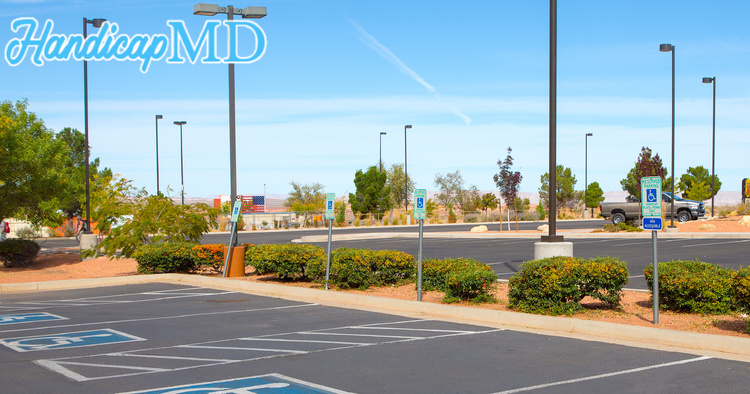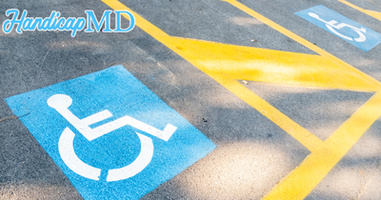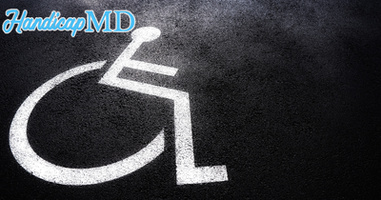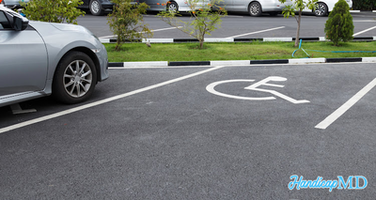
Myths vs. Facts: Debunking Common Misconceptions about Handicap Placards in New Mexico
Introduction
Handicap passes play a crucial role in ensuring accessibility and convenience for individuals with disabilities in New Mexico. However, there are several myths and misconceptions surrounding these placards that need to be addressed. In this article, we will debunk common misconceptions about handicap placards in New Mexico and provide accurate information to help clarify any confusion. Let's separate the myths from the facts!
Myth 1: Handicap placards are only for individuals who use wheelchairs
It's a common misconception that disability signs are exclusively for individuals who use wheelchairs. However, this is far from the truth. These are issued to individuals with various disabilities, including but not limited to mobility impairments, respiratory conditions, visual impairments, and heart conditions. The purpose of these placards is to provide accessible parking spaces and other benefits to those who require them.
Myth 2: Handicap placards are easy to obtain without a legitimate need
Some people believe that obtaining a disability tag is a simple process that can be done without a genuine need. This is a baseless myth that undermines the importance of it for individuals with disabilities. In reality, obtaining a handicap permit in New Mexico requires proper documentation from a qualified healthcare professional. The application process involves providing medical evidence that supports the need for it, ensuring that only those who genuinely require it can obtain one.
Myth 3: Handicap placards are only valid within New Mexico
Contrary to popular belief, disability tags issued in New Mexico are recognized and valid in other states as well. This reciprocity allows individuals with disabilities to benefit from accessible parking spaces and other privileges while traveling outside of New Mexico. It's essential to understand that disability tags are designed to provide convenience and accessibility wherever the individual goes, not just within state borders.
Myth 4: Handicap placards are only for permanent disabilities
Another common misconception is that permits are only issued for permanent disabilities. However, the truth is that temporary disabilities can also qualify for a handicap placard. Temporary disabilities, such as a broken leg or recovering from surgery, can significantly impact mobility and require accessible parking. In such cases, individuals can obtain a temporary permit that is valid for the duration of their disability.
Myth 5: Handicap placards are solely for drivers
Disability permits are not exclusively for drivers. Passengers with disabilities can also benefit from it. When traveling with someone who has a valid permit, the driver can park in designated accessible spaces, ensuring that individuals with disabilities have easier access to buildings, facilities, and services. It's important to remember that these are intended to improve accessibility for individuals with disabilities, whether they are drivers or passengers.
Frequently Asked Questions
FAQ 1: Can I use someone else's disability pass if they are not with me?
No, it is illegal to use someone else's pass if they are not present. These are issued to specific individuals and are non-transferable. Unauthorized use can result in fines and penalties. It is essential to respect the purpose of these passes and use them responsibly.
FAQ 2: Can I use a disability pass if I am only temporarily disabled?
Yes, individuals with temporary disabilities can obtain a temporary one. Temporary disabilities, such as injuries or medical conditions with a finite recovery period, can qualify for a temporary permit. It's important to consult with a healthcare professional and provide the necessary medical documentation to support the application.
FAQ 3: Are disability passes valid in other states?
Yes, New Mexico handicap placards are recognized and valid in other states. This reciprocity allows individuals with disabilities to benefit from accessible parking spaces and other privileges while traveling outside of New Mexico. It's crucial to display the sign appropriately and adhere to the parking regulations of the respective state.
FAQ 4: How long does a disability pass remain valid?
Disability passes have an expiration date. The validity period may vary depending on the nature of the disability. Permanent ones typically have a longer validity period, while temporary ones are valid for the duration specified by the healthcare professional.
FAQ 5: Can I renew my disability pass before it expires?
Yes, you can renew before it expires. It's important to keep track of the expiration date and initiate the renewal process in a timely manner. Contact your local New Mexico Department of Motor Vehicles (DMV) office or visit their website for information on the renewal procedure and any required documentation.
FAQ 6: Can I apply for a disability pass on behalf of someone else?
Yes, you can apply on behalf of someone else if you are their legal guardian or have power of attorney. The application process may require additional documentation to establish your legal authority to act on their behalf. It's advisable to consult with the DMV or relevant authorities for specific instructions in such cases.
Conclusion
In conclusion, it's important to debunk the myths and misconceptions surrounding handicap placards in New Mexico. These placards play a vital role in ensuring accessibility and convenience for individuals with disabilities. They are not exclusively for wheelchair users, nor are they easily obtained without a legitimate need. Handicap placards are valid across state borders and can be issued for both permanent and temporary disabilities. Understanding the facts about handicap placards promotes inclusivity and empowers individuals with disabilities to navigate their daily lives with greater ease.
.png)






